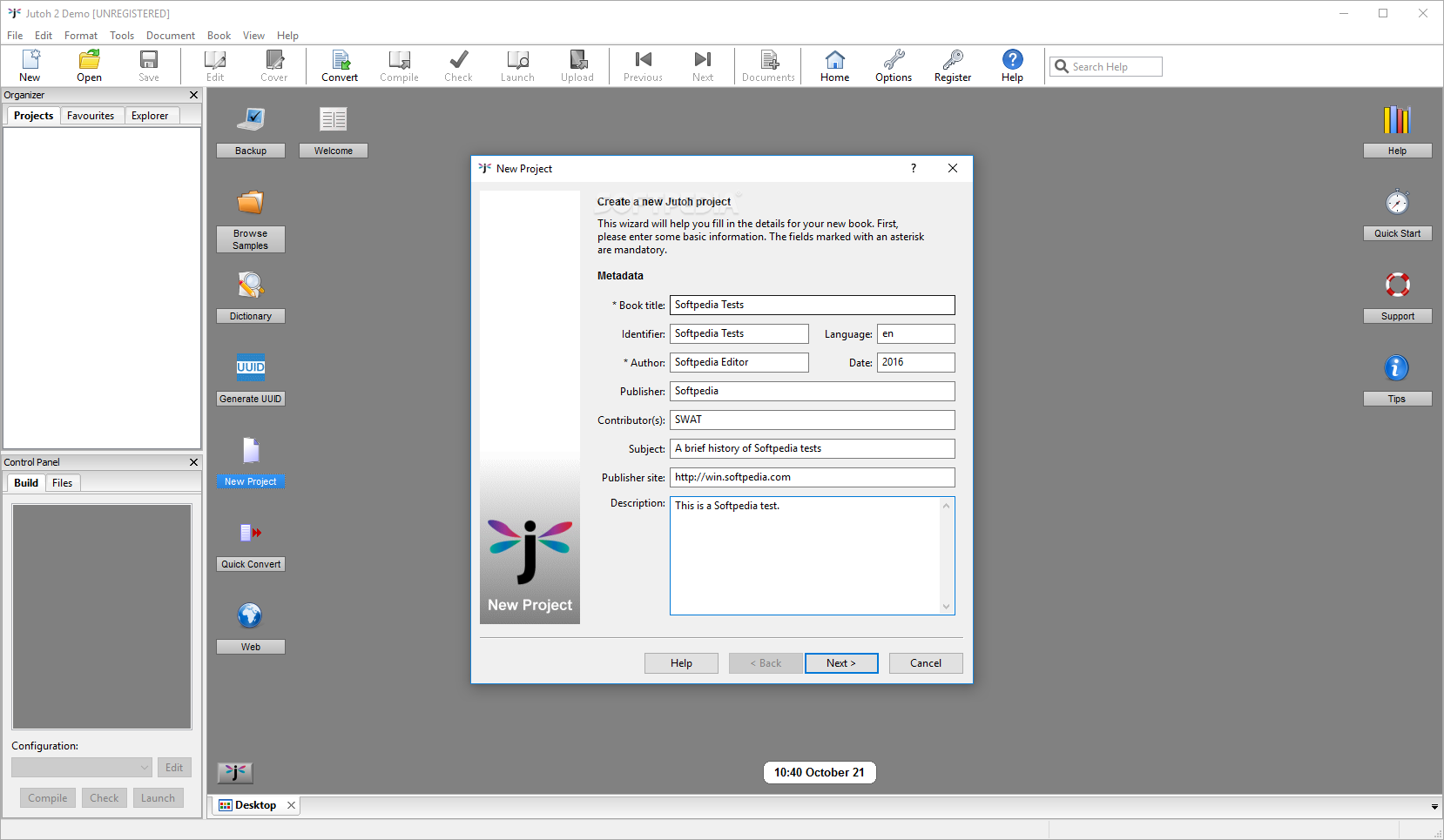

The quality of the scan varies a lot depending on the book. Even the best OCR will leave a lot of errors. I spend far more time proof reading the text after it has been converted. That is a very small part of the process of creating an epub. Lately with my new 1 camera scanner I am getting about 250 pages per hour.

I don't worry too much about speed of scanning. They also do less damage to the books as does the camera platen scanners.

Book scanners such as the Plustek with the ability to scan up to 2mm from the edge the scanner help. I have found magazines are a bigger problem, when the printing goes across the gutter of pages is the worst. One of the reasons people use cameras with a platen scanner is difficulty in scanning the middle of a book with a flat bed scanner. When scanning in grayscale it produces a grey hue so I scan in B&W. The Czur scanner uses the Finereader engine for OCR. either up and down or across the pages of different sizes which would have been difficult with a flat bed scanner. I did a series of minute books that had lots of pasted in letters, hand written notes, etc. The book just sit on a table, so the distance from camera to page changes from close at the start of the book to further away by the end. I am also using a Czur E16 scanner which does not use a platen. You can go straight from Omnipage to epub but I prefer using Jutoh to prepare epub files. With Omnipage to docx then using Jutoh to create chapter index to epub.
REGEX JUTOH PDF
I am currently making epub files for my ereader from someone elses pdf files scanned on a flat bed book scanner. Post processing will take longer however. He has made some videos on youtube, just search Easy Book Scanner. 2 pages at a time and only turning the page beside moving the book to and from a platen. Using a scanner with 2 cameras scanner such as David Landin's made with PVC piping (details can be found on the site) will increase through put to 1000 pages an hour.


 0 kommentar(er)
0 kommentar(er)
